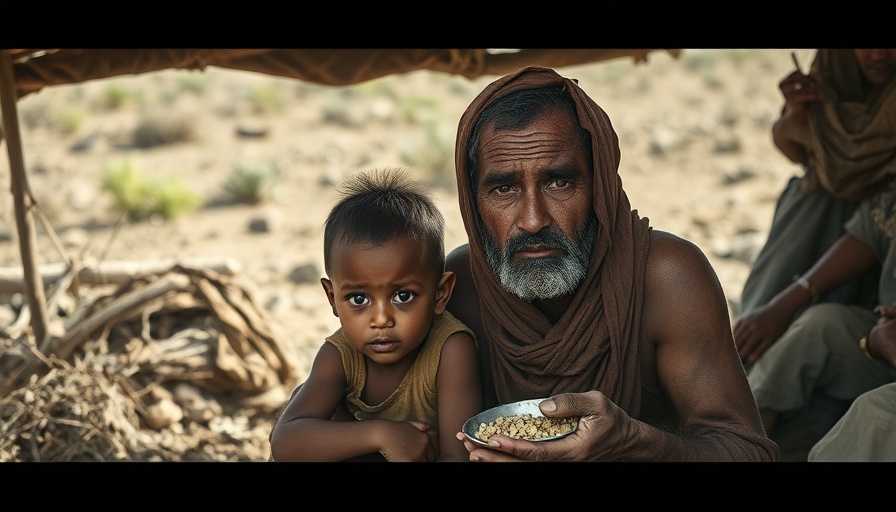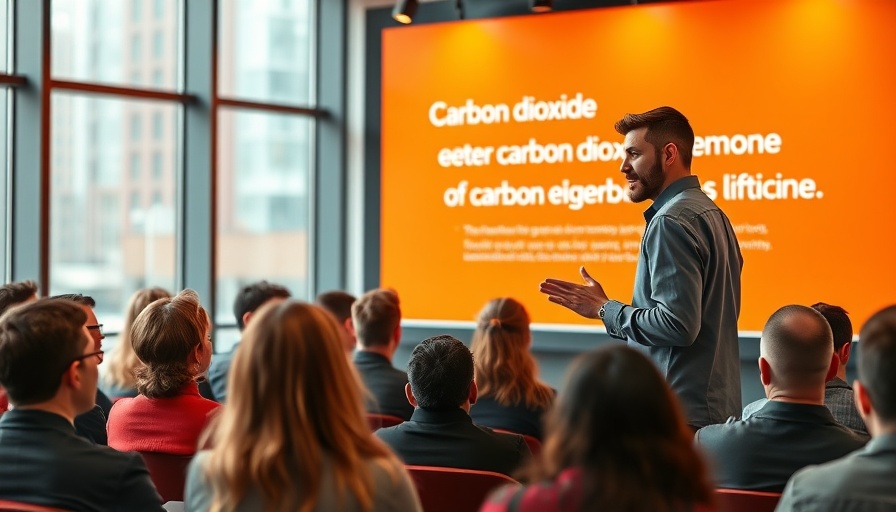
Border Closures Create Crisis for Fishers in Balochistan
Fishing communities in Balochistan, Pakistan, are facing unprecedented challenges, exacerbated by the ongoing conflicts in the region. The Iran-Israel war has forced Pakistan to close its border with Iran, creating a significant ripple effect for local fishers who rely heavily on the import of fuel and the export of fish for their livelihoods. The coastal region, famed for its rich biodiversity and the economic potential of its fisheries, now stands at a crossroads, where economic survival hangs in the balance.
The Human Cost of Conflict
Lateefa Nasir, a fisher’s wife from Ormara, illustrates the dire circumstances faced by many families in this area. “When our boats are stranded onshore, our kitchens remain empty,” she shares, highlighting how the closure has left her family and many others in economic despair. Children have stopped attending school, and families are relying on loans to make ends meet. This situation is not just a matter of lost income; it also reflects a systematic collapse of the social structure supporting these communities.
The Economic Impact on Fish Exports
Balochistan boasts an extensive 770km coastline along the Arabian Sea and contributes significantly to Pakistan's fisheries. With an annual catch of approximately 340,000 tonnes valued around PKR 19.9 billion (US$70.1 million), the fishing industry is critical not only for food security but also for economic stability. Unfortunately, the border closures have disrupted the fishing supply chain, limiting the ability to export this vital resource. Allaudin Kakkar, a senior official from the Balochistan Fisheries and Coastal Development Department, emphasizes how these fishers are poorly regulated and deeply vulnerable to external shocks.
Wider Consequences for Food Security
The impact of the border closure extends beyond fishing as small vendors and women in fish processing face wage cuts. With the market severely limited due to the lack of fish availability, prices for poultry and other meats are rising as well, making healthy food increasingly unaffordable for low-income families. Sami Gull, general secretary of the Fisherfolk Cooperative Society, warns that without intervention, this situation could lead to a significant food security crisis—a bitter pill for communities already struggling with climate change and socio-economic challenges.
Coping Mechanisms and Future Perspectives
Communities are seeking ways to adapt, albeit slowly. NGOs like the Ormara Cooperative Society are pivotal in advocating for sustainable practices and potential shifts towards eco-friendly alternatives. As people in this community eye future solutions, a shift towards sustainable living, renewable energy sources, and circular economy principles could serve as a beacon of hope.
Lessons from Balochistan: A Call for Global Action
This crisis underscores the interconnectedness of local economies and global conflict. As fishers in Balochistan navigate these turbulent waters, the international community must acknowledge the implication of geopolitical tensions on vulnerable populations worldwide. By enhancing global dialogue and striving towards sustainable practices—whether through environmental conservation, responsible consumption, or fair trade—there is an opportunity to foster resilience in places like Balochistan.
Our Responsibility Towards Sustainable Solutions
For those observing the plight of fishers and the ripple effects on local economies, it becomes imperative to advocate for ethical consumerism, sustainable production, and environmental stewardship. Supporting eco-friendly businesses and sustainable development initiatives can help cultivate a brighter future, not just for Balochistan, but for communities facing similar challenges worldwide. In an era of climate change and rising geopolitical tensions, the need for sustainability initiatives cannot be overstated.
As more individuals become aware of these crises, there is a growing momentum towards community-driven solutions and global responsibility. Let us not wait for the consequences of inaction to unfold. As we support ecological initiatives and push for policy reforms, we can work towards a sustainable future for all communities affected by crisis.
 Add Row
Add Row  Add
Add 



Write A Comment